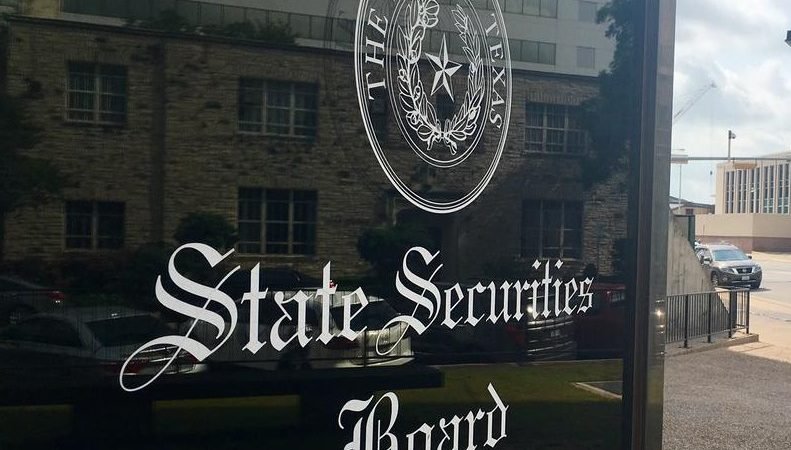Chevron Announces $16 Billion Organic Capital Expenditure Budget for 2024

Researched by Industrial Info Resources — Chevron Corporation (NYSE:CVX) (San Ramon, California) has announced an organic capital expenditure (capex) budget of $16 billion for 2024. The spend includes $14 billion for upstream spending, two-thirds of which is allocated to the U.S. Industrial Info is tracking $30 billion worth of active Chevron projects worldwide, including $18 billion worth in the U.S.
The $16 billion in projected capex for 2024 is up from the $14 billion projected last year for 2023.
Of the $14 billion in projected upstream spending, about $6.5 billion is allocated “to develop Chevron’s U.S. shale and tight (gas) portfolio, of which around $5 billion is planned for Permian Basin development,” the company said in a related press release.
In addition, about 25% of U.S. upstream capex is allocated for projects in the Gulf of Mexico, including the Anchor Field development–which Chevron expects will achieve first oil in 2024. The multi-phase project includes a $1.5 billion platform about 140 miles off the coast of Louisiana, a $500 million drilling program featuring seven wells, and about $500 million in subsea infrastructure. The Anchor development is expected to produce about 75,000 barrels per day (BBL/d) of crude oil and natural gas.
Altogether, Chevron is pursuing almost $5 billion worth of projects in the deepwater Gulf of Mexico. Subscribers to Industrial Info’s Global Market Intelligence (GMI) Production Project Database can click here to read the three Anchor Field project reports and here for a full list of projects in the deepwater Gulf of Mexico.
Meanwhile, downstream capex is expected to be about $1.5 billion, with 80% attributed to the U.S. Industrial Info is tracking Chevron’s $400 million conversion of a refinery in Pasadena, Texas. Last year, Chevron started reconfiguring the existing 100,000-BBL/d refinery into a hydroskimming facility to process exclusively light-tight oil (LTO), while expanding production to about 125,000 BBL/d. The hydroskimmer would replace a now-closed fluid catalytic cracking unit (FCCU), which malfunctioned in mid-2021. The project is expected to wrap up next year. Subscribers to the GMI Refining Project Database can learn more from a detailed project report.
For Hillary Stevenson, IIR’s Senior Director of Energy Market Intelligence, “the crude diet shift at Pasadena is part of an industry trend to increase crude diet flexibility, where refiners are seeking to de-risk their crude supply by processing more local crudes or increasing the types of crude they can consume.” Industrial Info is tracking nearly $2 billion in active crude diet flexibility projects globally. Click here for a full list.
Chevron also plans to spend $3 billion for its equity affiliates in 2024, nearly half of which is planned for three projects. This includes Tengizchevroil’s Future Growth Project-Wellhead Pressure Management Project (FGP-WPMP) in Kazakhstan, and the other two are attributed to Chevron Phillips Chemical Company (CPChem) (The Woodlands, Texas)–including the Golden Triangle Polymer Project and Ras Laffan Petrochemical Project.
Tengizchevroil, which is a joint venture between Chevron, Exxon Mobil Corporation (NYSE:XOM) (Irving, Texas), KazMunayGas (Astana, Kazakhstan) and LukArco (Amsterdam, Netherlands), develops projects in the western Kazakhstan steppe’s Tengiz Field. The FGP-WPMP began construction in third-quarter 2018 and includes the construction of a 260,000-BBL/d crude oil-processing plant and a 960 million-standard-cubic-foot-per-day natural gas-processing plant. Subscribers can click here for a full list of projects in the FGP-WPMP development.
Chevron’s joint venture with Phillips 66 (NYSE:PSX) (Houston, Texas) includes two petrochemical facilities on the Texas Gulf Coast and in Ras Laffan, Qatar. The Gulf Coast facility will include a 4.6 billion-pound-per-year ethane cracker and two high-density polyethylene (HDPE) units with a combined capacity of 4.4 billion pounds per year. CPChem owns a 51% stake in the project. The Ras Laffan facility, in which CPChem holds a 30% stake, will feature a 4.6 billion-pound-per-year ethane cracker and two HDPE units with a combined capacity of 3.7 billion pounds per year. Both facilities are expected to begin operating in 2026.
Subscribers to the GMI Chemical Processing Project Database can click here for reports related to the Gulf Coast project and click here for the reports on the Ras Laffan project.
Low-Carbon Efforts
Despite a focus on its upstream and downstream businesses, Chevron plans to spend on efforts to reduce its carbon emissions. Low-carbon capex accounts for about $2 billion across the entire company, “to lower the carbon intensity of traditional operations and grow new energy business lines,” according to the recent press release.
One of these efforts is through a partnership with Microsoft Corporation (NASDAQ:MSFT) (Redmond, Washington), Clean Energy Systems (Rancho Cordova, California) and SLB (NYSE:SLB) (Houston, Texas) (formerly Schlumberger Limited) to construct a carbon-capture facility in Mendota, California. The proposed facility will use one or two direct air capture (DAC) units to capture and extract 300,000 metric tons per year of CO2 from the atmosphere. Click here for the project report.
In the press release, Chevron highlighted its $950 million expansion project at its renewable diesel plant in Geismar, Louisiana, which is expected to start up in 2024 and increase the capacity from 100 million gallons per year to up to 340 million gallons per year. Subscribers to the GMI Alternative Fuel Project Database can click here to read more information.
“We’re maintaining capital discipline in both traditional and new energies,” said Chevron Chief Executive Officer Mike Wirth.
Subscribers to Industrial Info’s GMI Project Database can click here for a full list of detailed reports for projects mentioned in this article, and click here for a full list of related plant profiles.
Subscribers can click here for a full list of reports for active Chevron projects worldwide, and click here for a full list of reports for active U.S. projects.
Industrial Info Resources (IIR) is the leading provider of industrial market intelligence. Since 1983, IIR has provided comprehensive research, news and analysis on the industrial process, manufacturing and energy related industries. IIR’s Global Market Intelligence (GMI) helps companies identify and pursue trends across multiple markets with access to real, qualified and validated plant and project opportunities. Across the world, IIR is tracking over 200,000 current and future projects worth $17.8 Trillion (USD).







